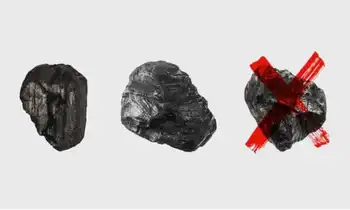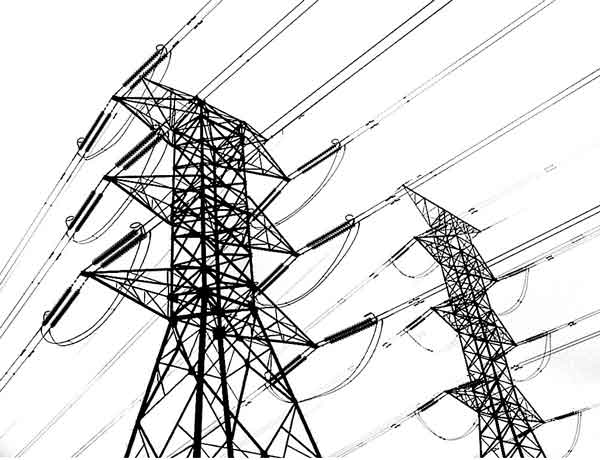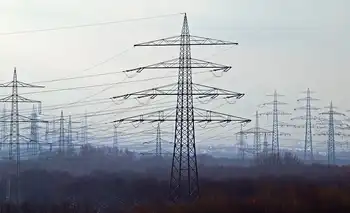Judge denies Injunction Request for NextEra Solar Power Project
SACRAMENTO - - Saying there is no compelling reason to do so, a federal judge on June 11 refused to slap a preliminary injunction stopping any on-site development work at the NextEra Blythe solar plant in California .
In 2010, the U.S. Bureau of Land Management BLM approved the construction of a 1,000 MW solar power plant using parabolic trough technology on about 7,000 acres of federal land in the Mojave Desert, northwest of Blythe, California.
In 2012, NextEra Blythe Solar Energy Center LLC purchased the assets for this project, and submitted to BLM a new plan to develop a photovoltaic solar facility called Blythe II. This new project would generate 485 MW on about 4,000 acres of federal land. BLM last year issued a final environmental impact statement on the revamped project. The plaintiff in this case, Colorado River Indian Tribes CRIT, is a federally recognized Indian tribe whose members include Mohave, Chemehuevi, Hopi and Navajo peoples. Plaintiff's Reservation is near the project site. Plaintiff contends its members have a religious and cultural relationship to the artifacts left by their ancestors, and its Mohave members experience significant spiritual harm when such resources are dug up, relocated or damaged. In addition, the religion and culture of plaintiff's member tribes is strongly connected to the physical environment of the area, the tribe has said.
The case is being heard at the U.S. District Court for the Central District of California.
In December 2014 , plaintiff brought this declaratory and injunctive action under the Administrative Procedure Act APA. Plaintiff alleges that, by approving of the project and related actions, BLM violated its obligations under three federal statutes and corresponding regulations. For example, the lawsuit said, BLM did not comply with the National Historic Preservation Act NHPA, because it did not meaningfully consult Plaintiff as required.
On March 16 , plaintiff filed a motion for preliminary injunction, arguing that this relief was necessary because construction was scheduled to begin in April 2015 , and plaintiff would be irreparably harmed if it proceeded due to the resulting damage to cultural, religious and historic resources and the transformation of the desert landscape. The federal government and NextEra each filed a separate opposition.
Balanced against tribal interests is the economic aspects of the project itself, said the judge in the June 11 ruling. On balance, these competing public interests are in equipoise. Because it is the burden of Plaintiff to show that the injunction is in the public interest, the neutrality of this factor weighs against granting the injunction. The judge also noted that an injunction could disrupt negotiations with third parties and “energy off-takers for a power sales agreement for Unit 2 of the Project.†Also, Unit 1 of the project is currently scheduled to begin producing energy in December 2015 and an injunction while this case is heard could prevent NextEra from profiting from the sale of energy during that interim period, the judge added.
Related News

Britain breaks record for coal-free power generation - but what does this mean for your energy bills?
LONDON - On Wednesday 10 June, Britain hit a significant landmark: the UK went for two full months without burning coal to generate power – that's the longest period since the 1880s.
According to the National Grid, Britain has now run its electricity network without burning coal since midnight on the 9 April. This coal-free period has beaten the country’s previous record of 18 days, six hours and 10 minutes, which was set in June 2019.
With such a shift in Britain’s drive for renewables and lower electricity demand following the coronavirus lockdown, now may be the perfect time to do an…




